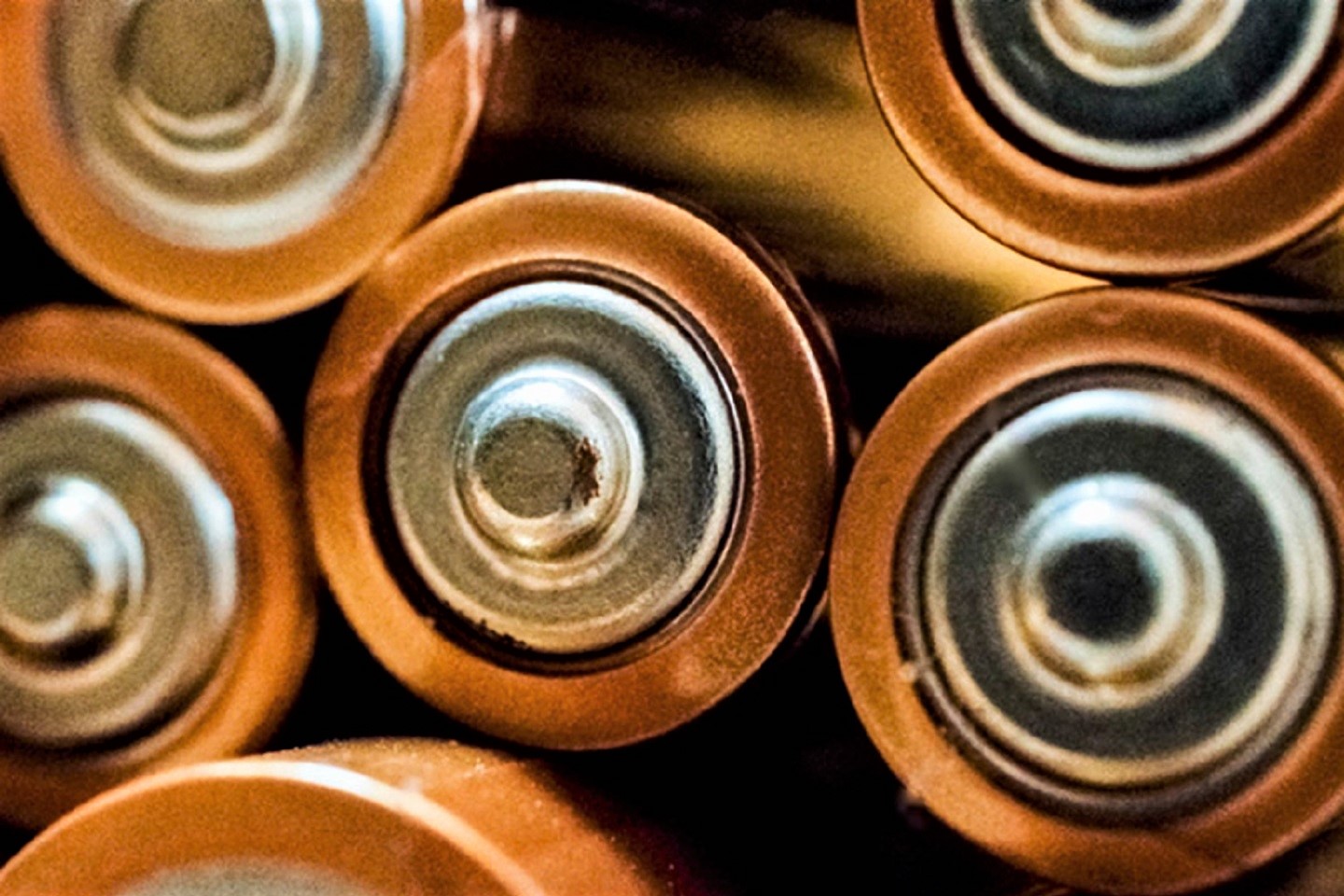ASX-listed Neometals’ 50 per cent-owned joint venture company, Primobius has finalised CAPEX and operating cost estimates for its proposed lithium-ion battery recycling operation in Germany. The company is contemplating building and operating an 18,250 tonnes per annum commercial-scale recycling plant, with the forecast CAPEX coming in at US$165 million and operating costs averaging US$1,560 per tonne of batteries processed.


ASX-listed Neometals’ 50 per cent-owned joint venture company, Primobius has finalised estimated CAPEX and operating cost numbers for its proposed lithium-ion battery recycling operation in Germany. The company is contemplating building and operating a commercial-scale recycling plant that has an initial throughput capacity of 18,250 tonnes per annum.
Forecast CAPEX for the plant has come in at US$165 million and average operating costs at US$1,560 per tonne of batteries processed.
The lithium-ion battery recycling plant design, CAPEX and operating cost projections have been based on Primobius’ prior successful pilot plant trials of Neometals’ proprietary hydrometallurgical processing technology.
Neometals Managing Director, Chris Reed said: “We took the conservative step to include the cost of constructing dedicated industrial buildings until such time as we are able to identify and agree terms to leased premises.”
Neometals says demonstration lithium-ion battery recycling plant trials and a definitive feasibility study remain on track to be completed by July and December this year, respectively.
A final investment decision on the construction of the commercial lithium-ion battery recycling operation has been slated for the March quarter next year.
According to the Perth-based, A$297 million market-capped company, wet commissioning of Primobius’ demonstration lithium-ion battery recycling plant is expected to kick off next month.
Results from the demonstration plant trials will be incorporated into the DFS.
Primobius, an equal JV between Neometals and the Germany-headquartered SMS group, has been developing and evaluating Neometals’ proprietary method of recycling scrap and spent lithium-ion batteries to recover cobalt, nickel, lithium, copper, manganese and lower value materials.
The company’s lithium-ion battery recycling plant flow sheet involves, firstly, battery sorting and shredding to remove metal casings, foils and plastics in the feed preparation facility.
A two-step shredding process is followed by drying and beneficiation to separate coarse metal and plastics from the battery feedstock to be processed in the hydrometallurgical section of the plant.
Some of the metal materials can be sold as scrap metal to existing metal recyclers.
Next comes leaching, recovery and refining to deliver chemical products via the hydrometallurgical processing facility.
The feed is treated in the leach circuit to extract cobalt, nickel, manganese, copper and lithium, with the pregnant leach solution being separated from the solid leach residue.
Further extraction and purification of the pregnant leach solution leads to the recovery of cobalt and nickel as high purity sulphates suitable for potential sale directly back into the lithium-ion supply chain.
Neometals says the recovery of lithium as a sulphate will enable its conversion to either lithium hydroxide or lithium carbonate and re-use in batteries.
Manganese and copper sulphates are saleable to existing refineries of these metals or for direct industrial use.
The solid leach residue contains the graphite anode material that will be dried and readied for sale.
A “tailing”’ or liquid ammonium sulphate solution is finally produced, which the company says can be concentrated and crystallised for sale into the fertiliser market.
Neometals says the process flow sheet was developed with the assistance of Primero Group for the feed preparation stage, Strategic Metallurgy for the hydrometallurgical processing stage and successfully tested in a pilot trial in Lakefield, Canada.
Is your ASX-listed company doing something interesting? Contact: matt.birney@businessnews.com.au












